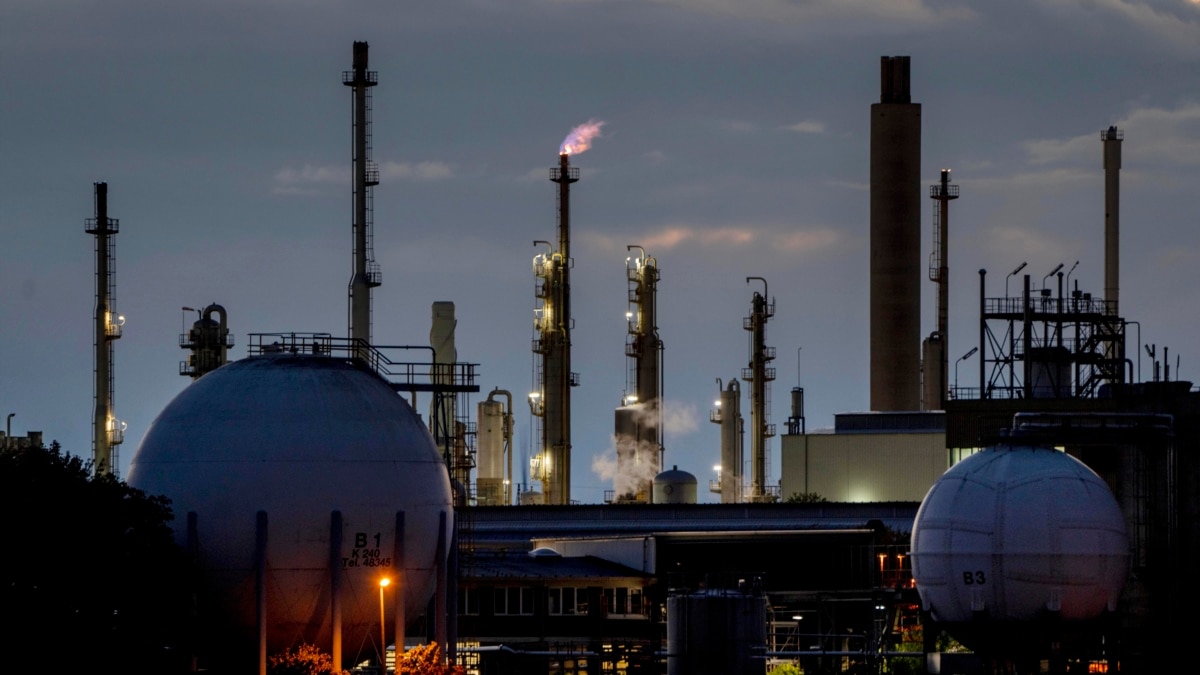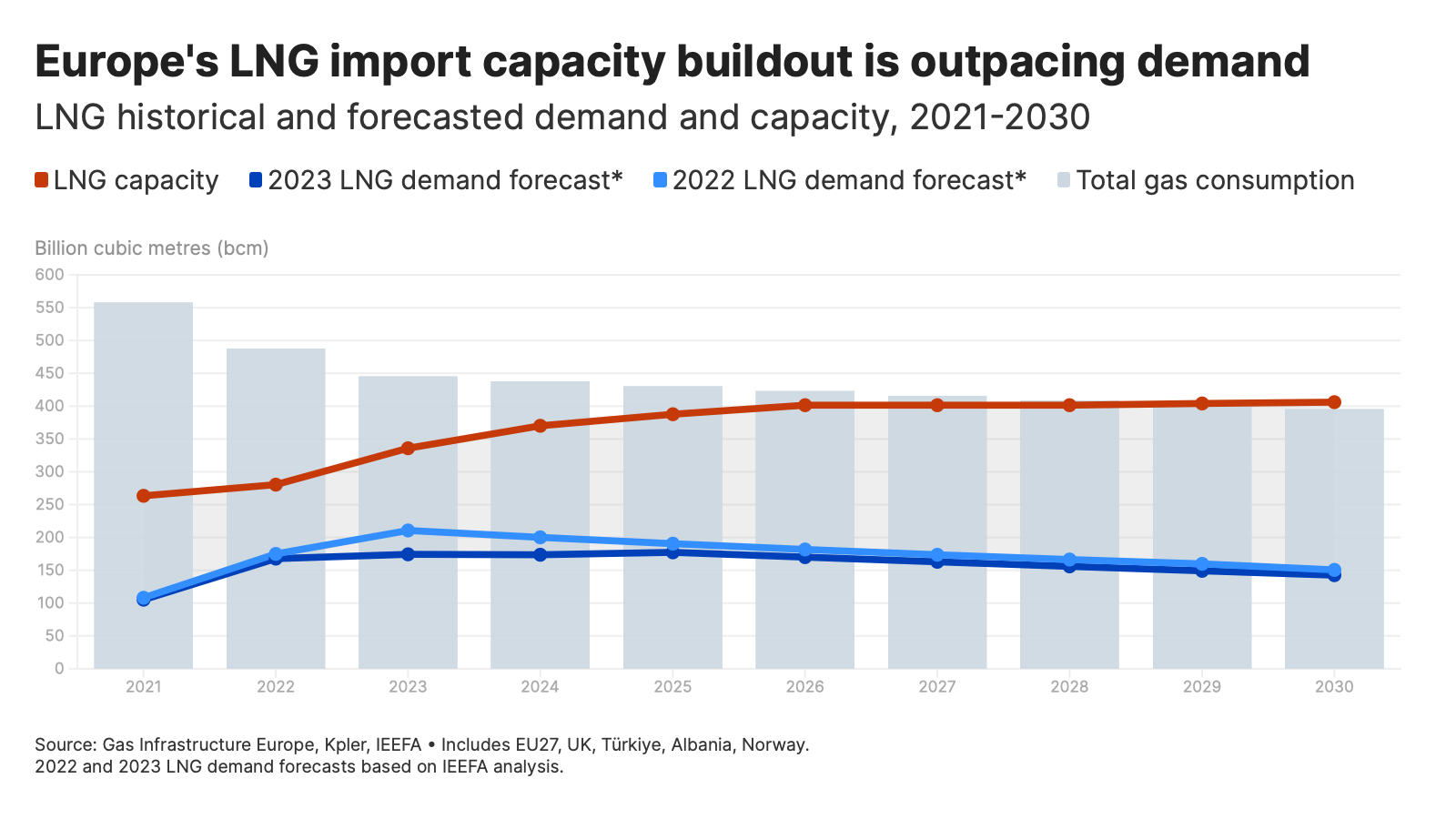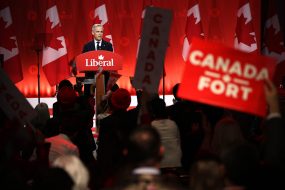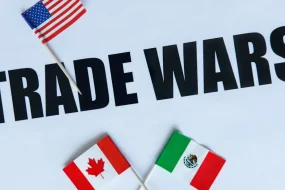
As Europe enters another winter amid the ongoing Russia-Ukraine conflict, the situation has evolved significantly compared to last year. While the war continues to impact energy supplies and geopolitical dynamics. Several factors have contributed to a different winter experience in 2024. Here’s a closer look at the current situation regarding winter problems in Europe.
Warmer Temperatures
One of the most notable changes this winter is the unseasonably warm weather across Europe. In early January 2024, many countries experienced record-breaking temperatures, with some areas seeing highs that exceeded typical July averages. This warm spell is a combination of climate change, ongoing La Niña effects, and warm air from the west coast of Africa.
Impact on Energy Demand
The warmer temperatures have led to a decrease in energy demand for heating. It has provided some relief from the energy crisis that plagued Europe last winter. Lower demand has contributed to a significant drop in natural gas prices. These are now at their lowest since before the war began.

Energy Alternatives and Strategies
In response to the energy crisis triggered by the war, European countries have implemented various strategies to diversify their energy sources and reduce reliance on Russian gas.
Increased LNG Imports
Europe has significantly ramped up imports of liquefied natural gas (LNG) from the United States and other countries, effectively doubling its LNG imports in 2022. This shift has helped to mitigate the impact of reduced Russian gas supplies.

Renewable Energy Initiatives
Many European nations are investing in renewable energy sources, such as wind and solar power, to build a more resilient energy infrastructure. This transition is crucial for long-term energy security and sustainability.
Energy Conservation Measures
The European Union has also promoted energy conservation measures among its citizens and industries, encouraging reduced consumption to ease the strain on energy supplies.
Relations with Russia
While the relationship between Europe and Russia remains strained due to the ongoing conflict, there have been discussions about energy deals and negotiations. However, the overall sentiment in Europe is one of caution and a desire to reduce dependency on Russian energy sources:
- Reduced Russian Gas Imports: Russian gas imports are expected to remain significantly lower than in previous years, prompting European nations to continue seeking alternative sources of energy.
- Long-Term Strategy: European leaders are focused on building a more diversified energy portfolio to avoid future crises. This includes investing in infrastructure that supports renewable energy and enhancing energy efficiency across the continent.

Conclusion
This winter, Europe is experiencing a different situation compared to last year. Due to warmer temperatures and strategic shifts in energy sourcing. While the ongoing conflict in Ukraine continues to influence energy dynamics, European countries are adapting by diversifying their energy supplies and investing in renewable resources. The focus remains on reducing reliance on Russian gas and ensuring energy security for the future.
Read more on Lifetips.blog












